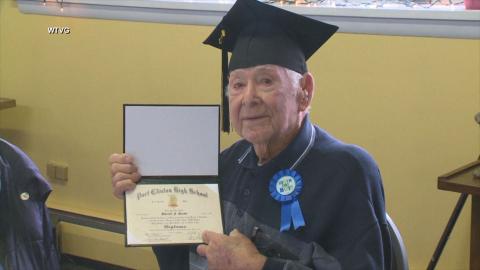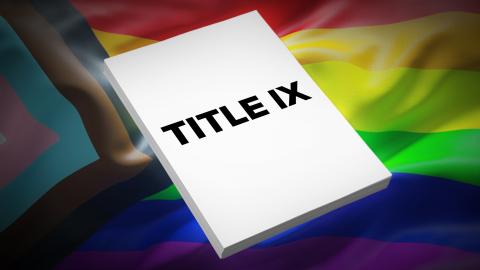TikTok, YouTube and Snapchat say Their Sites are Safe But Senators Disagree
Lawmakers are trying to decide if Big Tech and the World Wide Web should be regulated to protect children, as they investigate social media giants and whether key safeguards exist.
TikTok, YouTube, and Snapchat entered the Capitol Hill crossfire Tuesday, defending their platforms before the Senate subcommittee to protect children online while hoping to avoid any Facebook comparisons.
As these players see great growth in young users, they're also out to prove that they have implemented safeguards.
This comes after recent headlines highlighted how Facebook business practices could negatively impact children. Now for the first time, senators are working to put privacy regulations on Big Tech.
"You cannot trust these kids with Big Tech," Senator Richard Blumenthal (D-CT) said in his opening statement.
Witnesses included Snapchat Vice President of Global Public Policy, Jennifer Stout, TikTok Americas Vice President and Head of Public Policy, Michael Beckerman, and Google Vice President for Government Affairs and Public Policy, Leslie Miller.
The names and faces behind the companies in question were cross-examined about their safeguards for children under 13.
Senators demanded specifics on areas such as data collection, algorithms putting ads and sexual content in front of kids, plus content ranging from glorifying eating disorders to self-harm to violence.
***Please sign up for CBN Newsletters and download the CBN News app to ensure you keep receiving the latest news from a distinctly Christian perspective.***
Donna Rice Hughes, CEO with Enough is Enough, wants to stop Instagram from starting its kids' platform and needs help to do it by getting signatures supporting internet regulation.
"First of all, where kids play, predators prey," Hughes said. "Understand that even your good, smart, and careful kids are not safe on these platforms.
Dangerous encounters that children 18 and under routinely confront include:
- 43 percent speak to strangers regularly online, at least once a week (Pew Research Center)
- Over 40 percent have either sent or received a sext-message (Jiminy)
- Kids under 10 represent 22 percent of that group's online porn consumption (Bitdefender)
"Some of these companies have taken some steps, but it's not enough," Hughes added.
Senate lawmakers said they created fake accounts across all platforms, imitating teens and adolescents. They explained that their accounts were invited to play an online sexualized video game, were given tips on why they shouldn't go to bars alone, and given articles on porn stars.
As legislators seek to protect kids, TikTok's relations with communist China raised concerns for our National Security.
Senator Ted Cruz (R-TX) grilled Beckerman, who denied any connection to Chinese propaganda and espionage.
"You wouldn't have dodged the question more times than any other person in my nine years in Senate," Cruz said. "That, in my experience, is when a witness is hiding something."
One shared tactic, admitted by each company, is a metric used to keep children using TikTok, Snapchat, and YouTube for as long as possible.
"We have had almost three decades of Big Tech not having any kind of accountability or regulation," Hughes stated.
Lawmakers are now working to stop lucrative practices, especially those that prey on kids and keep them in front of the screen.
In the meantime, experts say parents assume the burden of being the first line of defense.
"We really have to look at ourselves and say, 'What are my habits? What am I modeling for my kids?'" said Adam Holz, director of Pluggedin.com, a ministry of Focus on the Family.
The Senate subcommittee will review data from research conducted by each company. The future of Big Tech and questions of regulation remain uncertain.





